Following on a very nice comment by Edwin Thompson on my Facebook page, here’s my reply:
But, if stores are smart, they’ll start to incorporate an electronic section in the store itself. For example, think of a magazine rack or a bookshelf, but instead of physical magazines or books, you’ve got iPads or Kindles or whatever kind of reader/presentation slate you want and a bunch of books loaded. A person can browse by “flipping” pages. (And I think you ought to be able to go through the whole bloody book the way you can with a physical book, not just get the first couple of pages as Amazon has it set up now. Go to a bookstore and pay attention to how people decide on books; they like to see the beginning, flip to the middle, pick another random spot . . . some even go to the end and still buy the book.) If you want the book, you download it to your device, whatever that is. (Heck, if people in Japan can purchase items with their cells, you can certainly download a book to a reader right there at the rack.) The only real change would be that paper might go away, but the upside is that instead of carrying 60,000 titles, a store could carry 600,000. And I think there would still be room for people who want the physical book, whether that’s print on demand (the smartest option) or one of, say, three copies in the store.
I disagree with you about new writers finding an audience without the force of a house behind them, and the reason I do so is this: self-publishing rarely works. Honestly. There are some lucky people who self-publish and we all know who they are because there are always exceptions. But the reason that there exist levels of specialization in any industry is because not everyone is good at every single thing that goes into a product or service. You may be a great writer, but a lousy marketer, or vice versa. You may not be able to edit your way out of a paper bag, but that doesn’t mean you’ve written a bad book–but if that’s not your skill, then your book will be seen as not very good, and that’s a disservice to you and your audience. Editors exist to put polish on a work–to know which words to kill–and to know their audience. Just about every job in a publishing house is done by someone who has the skill set to do it, and do it well (or they don’t have the job for long). Having run my own business, I can tell you that I was successful–but I also never went beyond what I knew I could reasonably do and I never gave anything away for free.
In fact, as a shrink, I’ll tell you that people do not value what they don’t pay for. They just don’t. (Every doctor knows this, too.) I would love to see someone show me data that would suggest that if you give away first books or even several books, people are then more willing to pony up money to buy your stuff. From what I can see and glean from various forums on ebooks, people are more interested in what they can download for free.
Not paying, or paying very little, is the trap that Amazon set for itself in terms of ebook prices. We’ll leave all the arguments aside in terms of how much more cost-effective and less expensive it is to produce an ebook (it is; you can’t get around that)–but what Amazon did was tap into a collective belief that because something’s digital, it ought to be free–or close to it. Hence, you’ve got the low price point for ebooks–but that may not be reflective of what the book is “worth” or the work that went into its production.
Of course, if I can think of all this–especially an electronic download option right there in the store (doesn’t B&N allow for this now?)–you can bet that publishing houses and bookstores have. If they haven’t, they’d better.







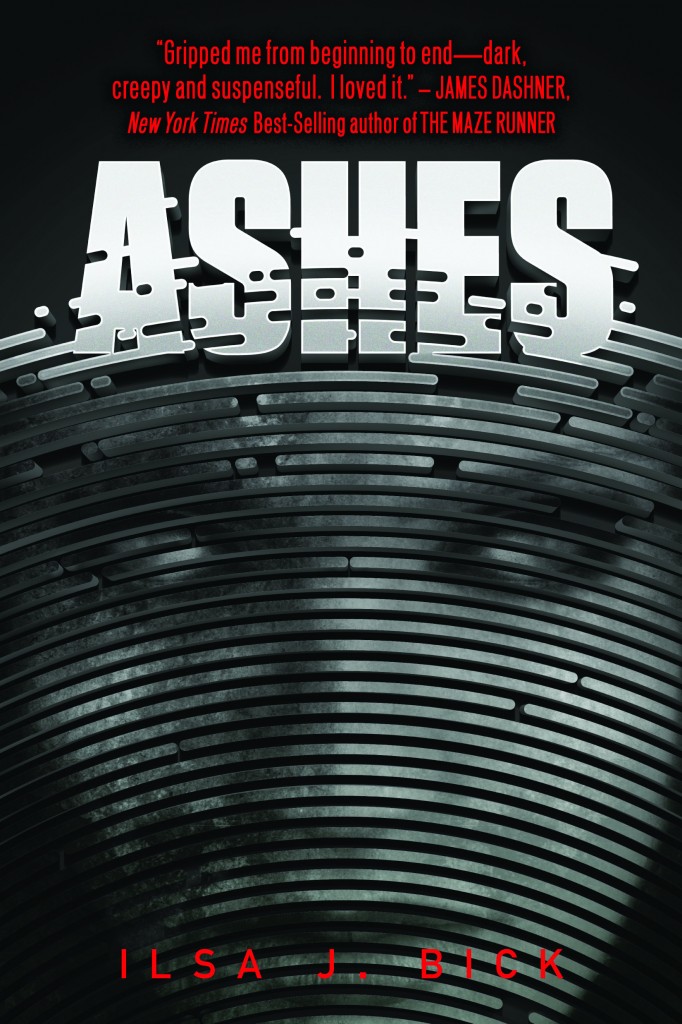
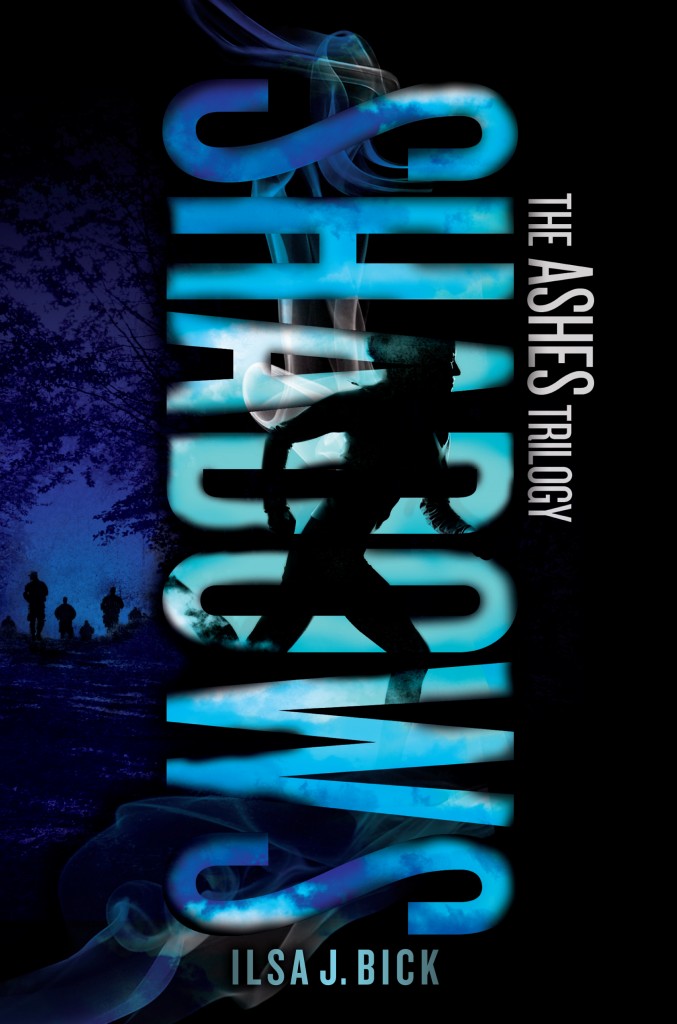


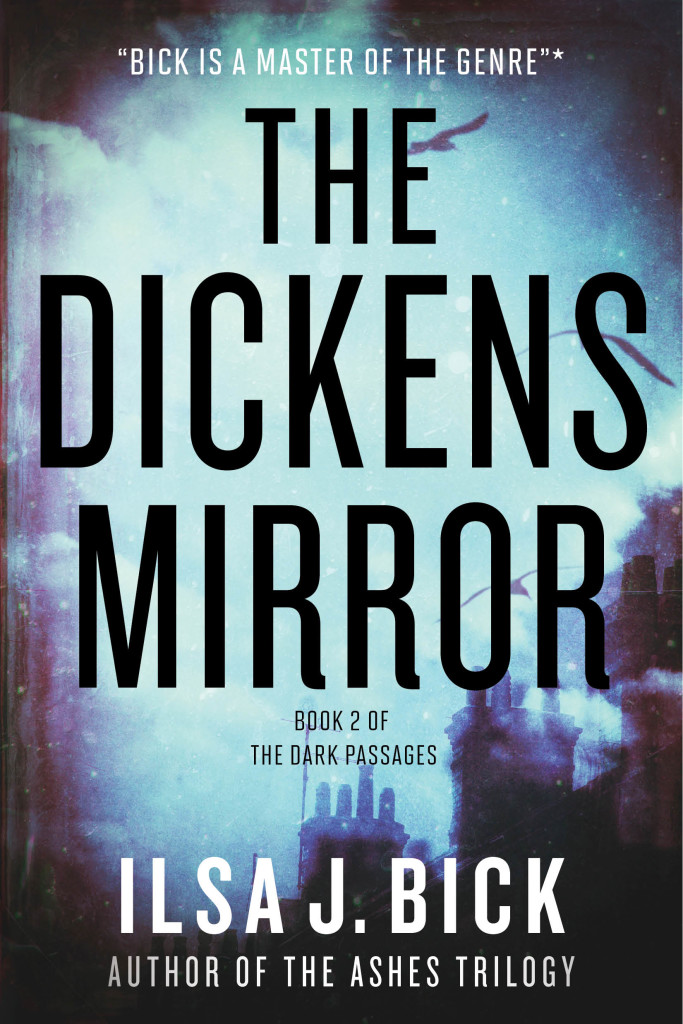
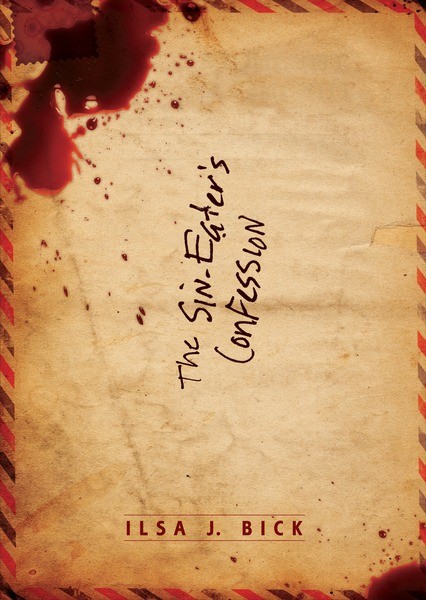
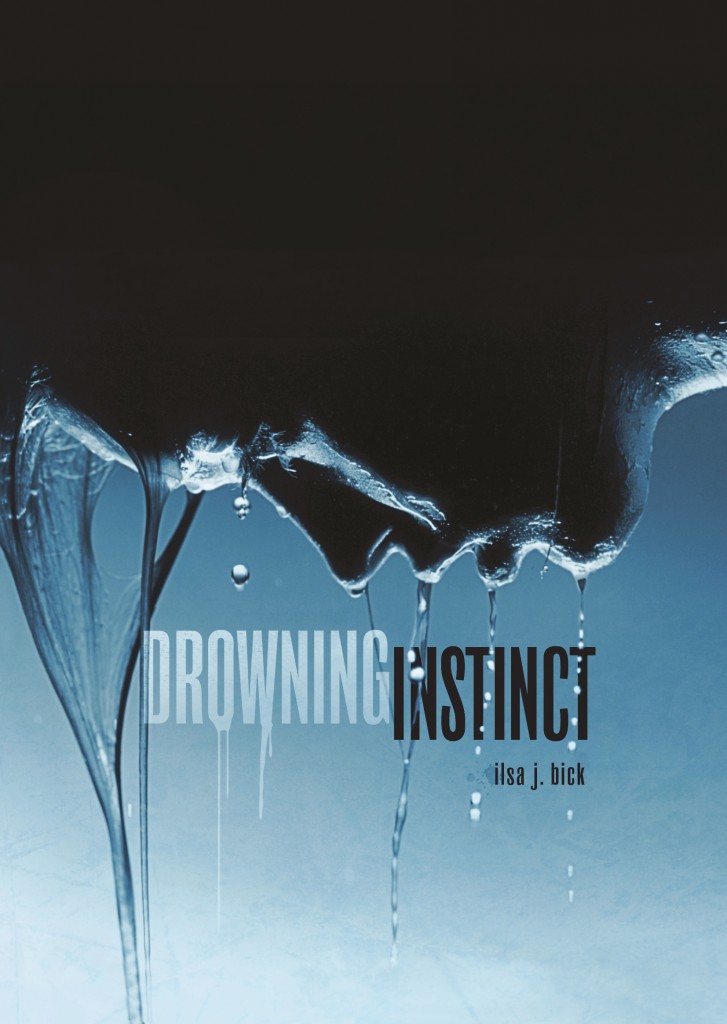
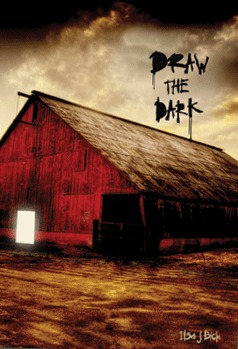



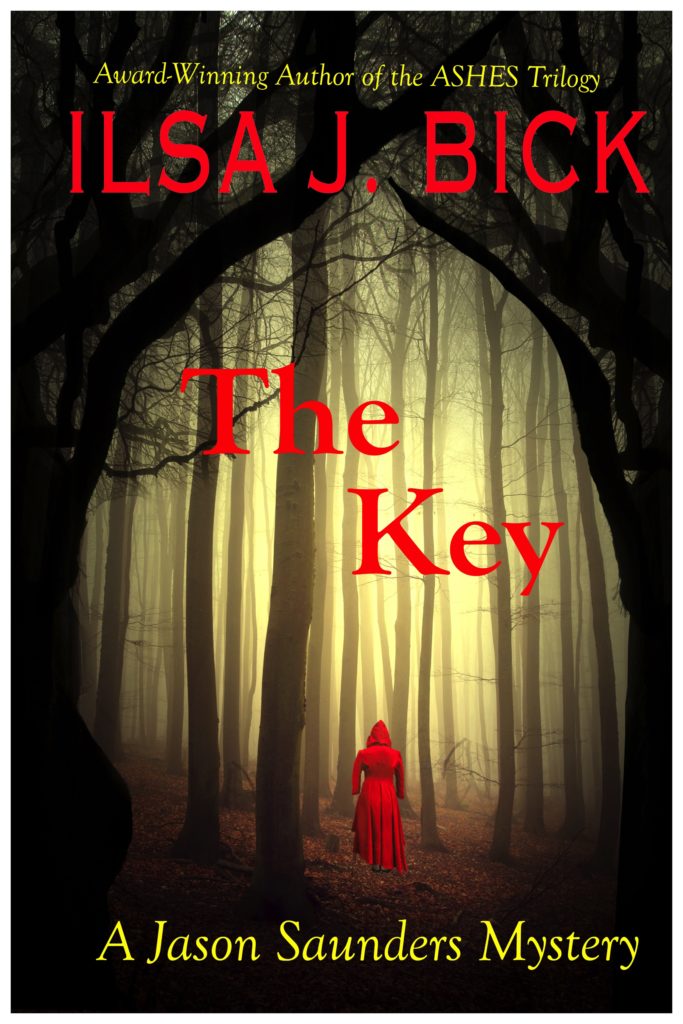
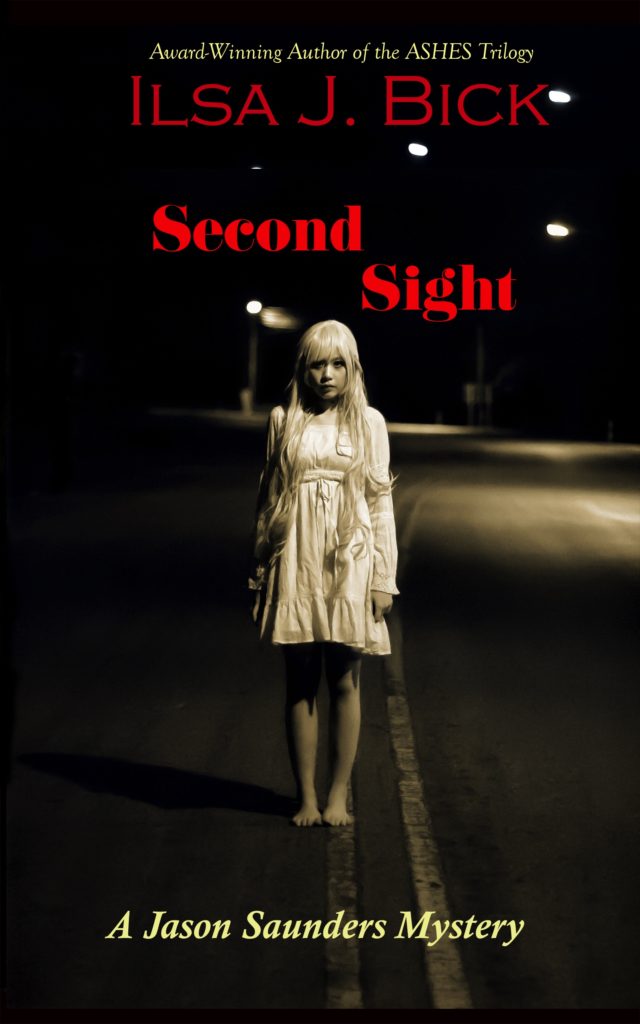
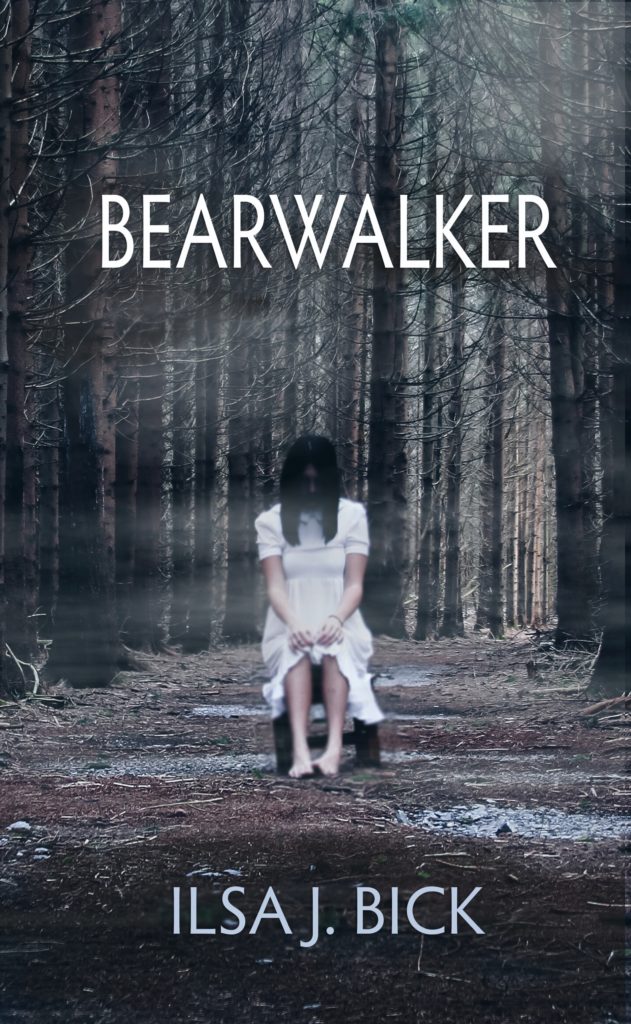
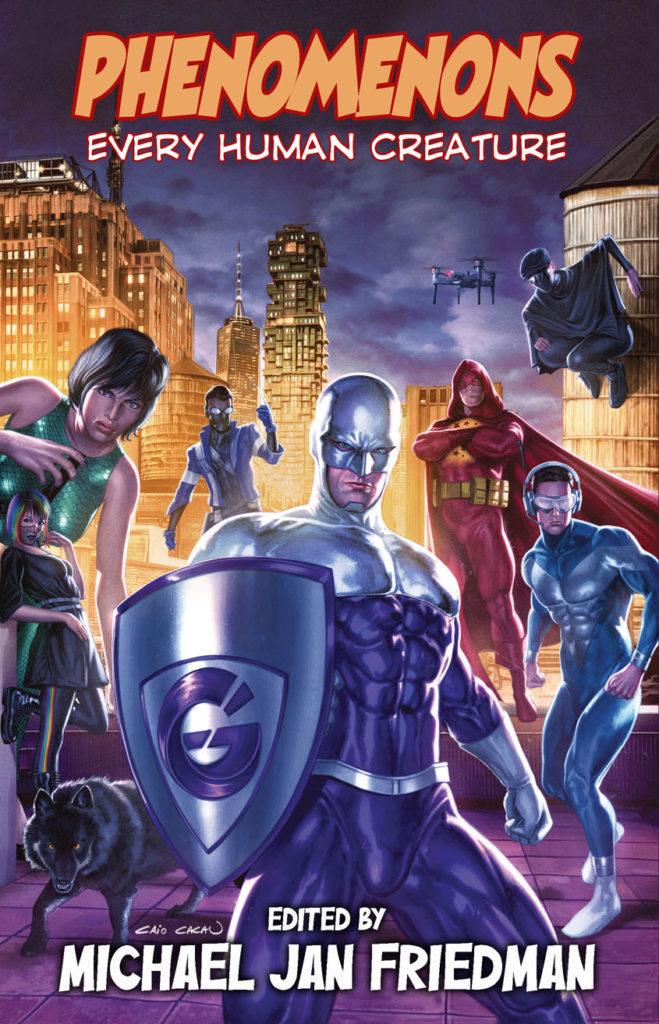
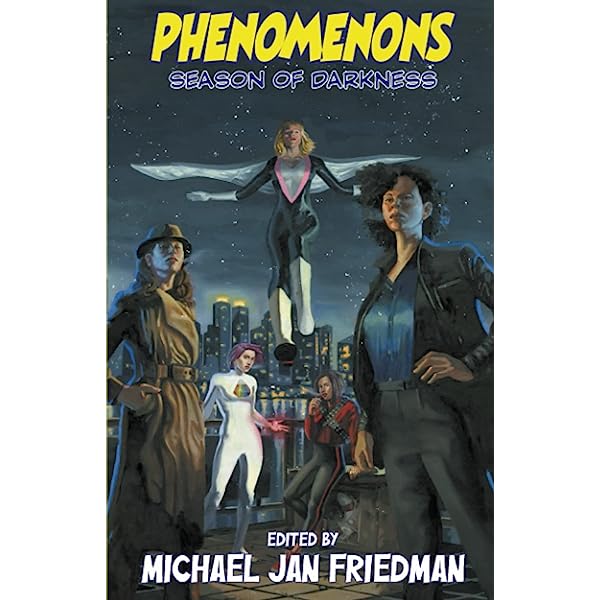




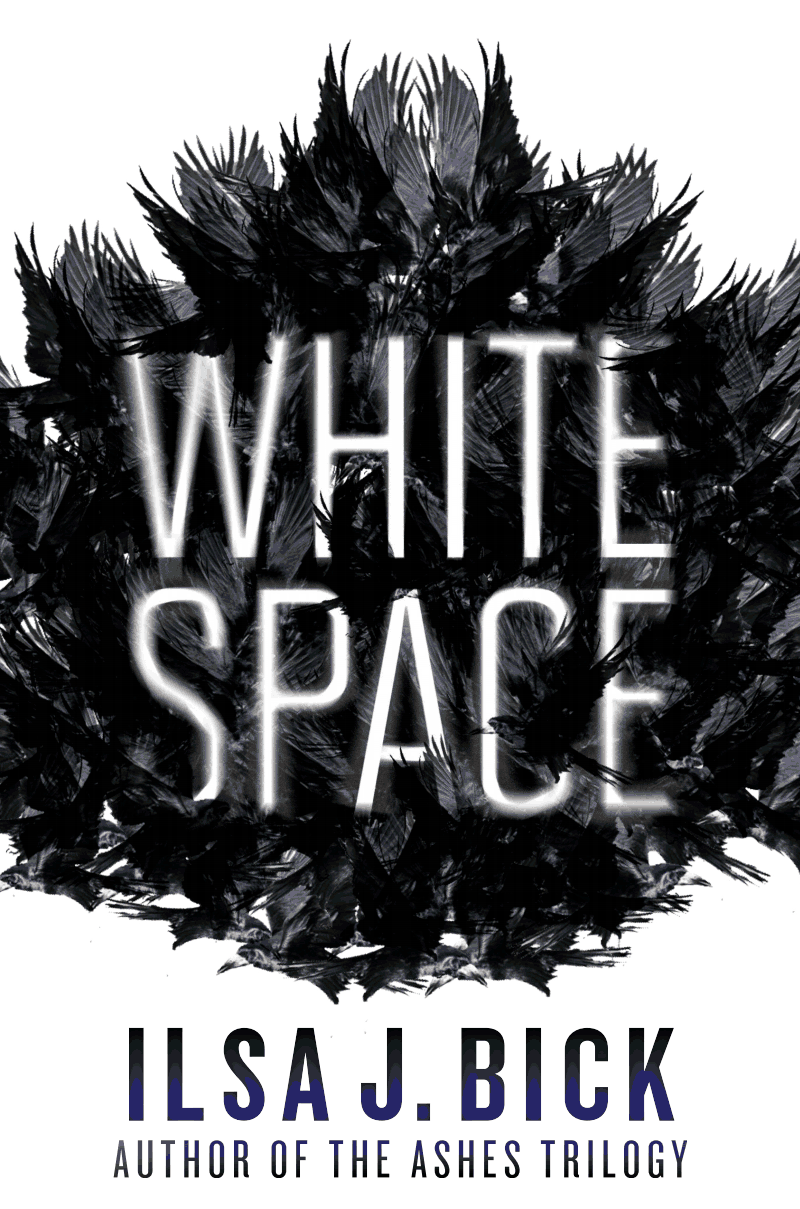
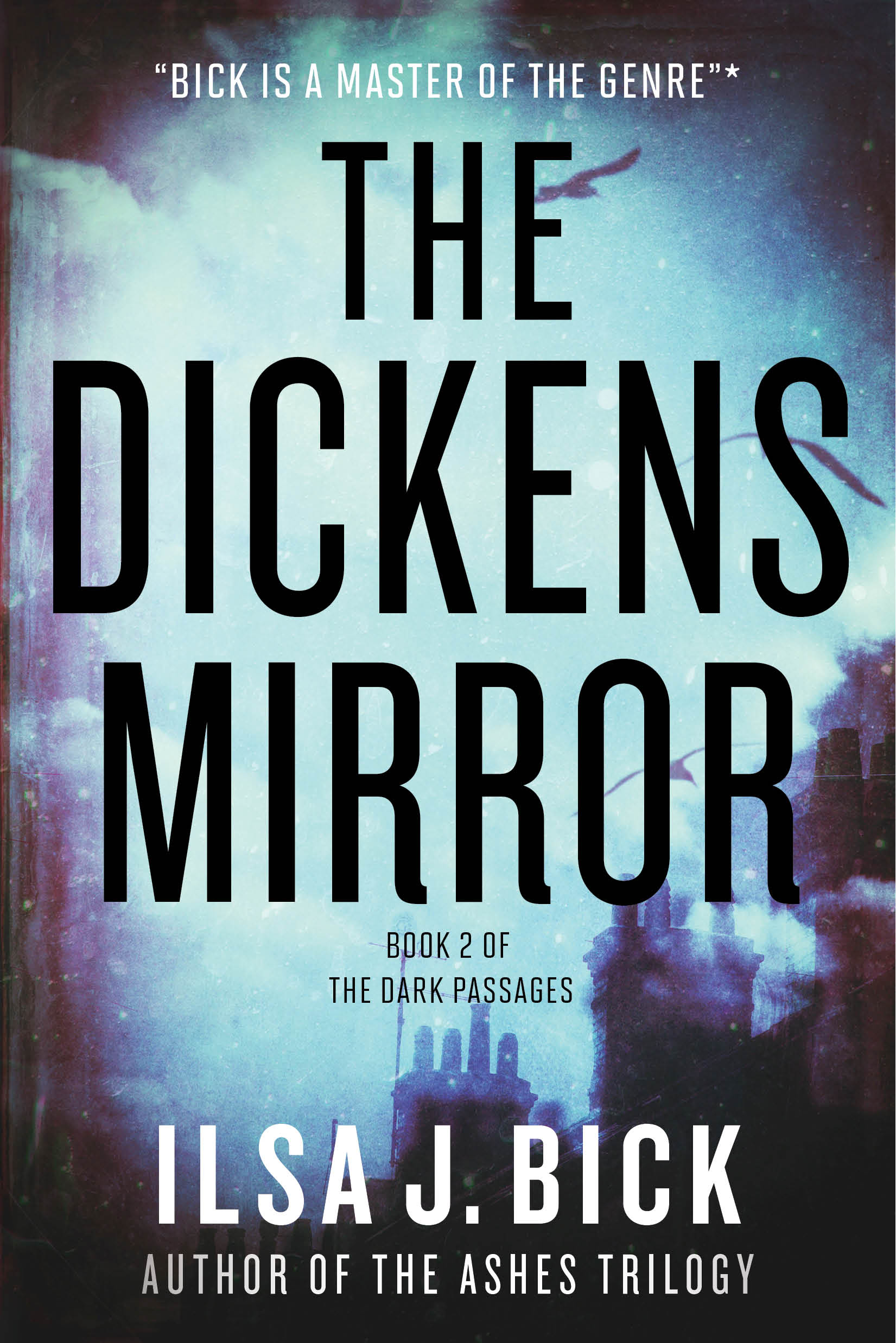

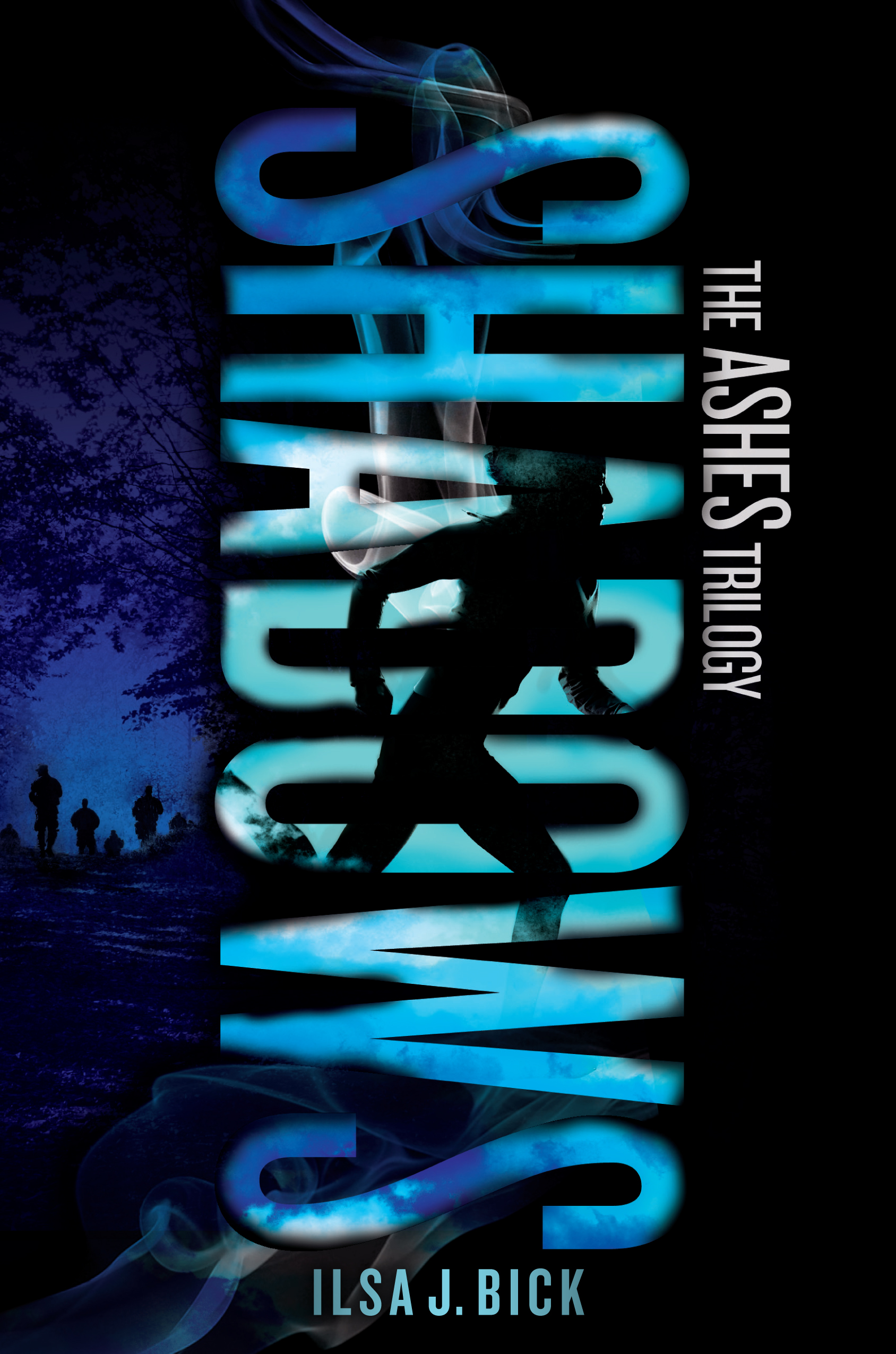
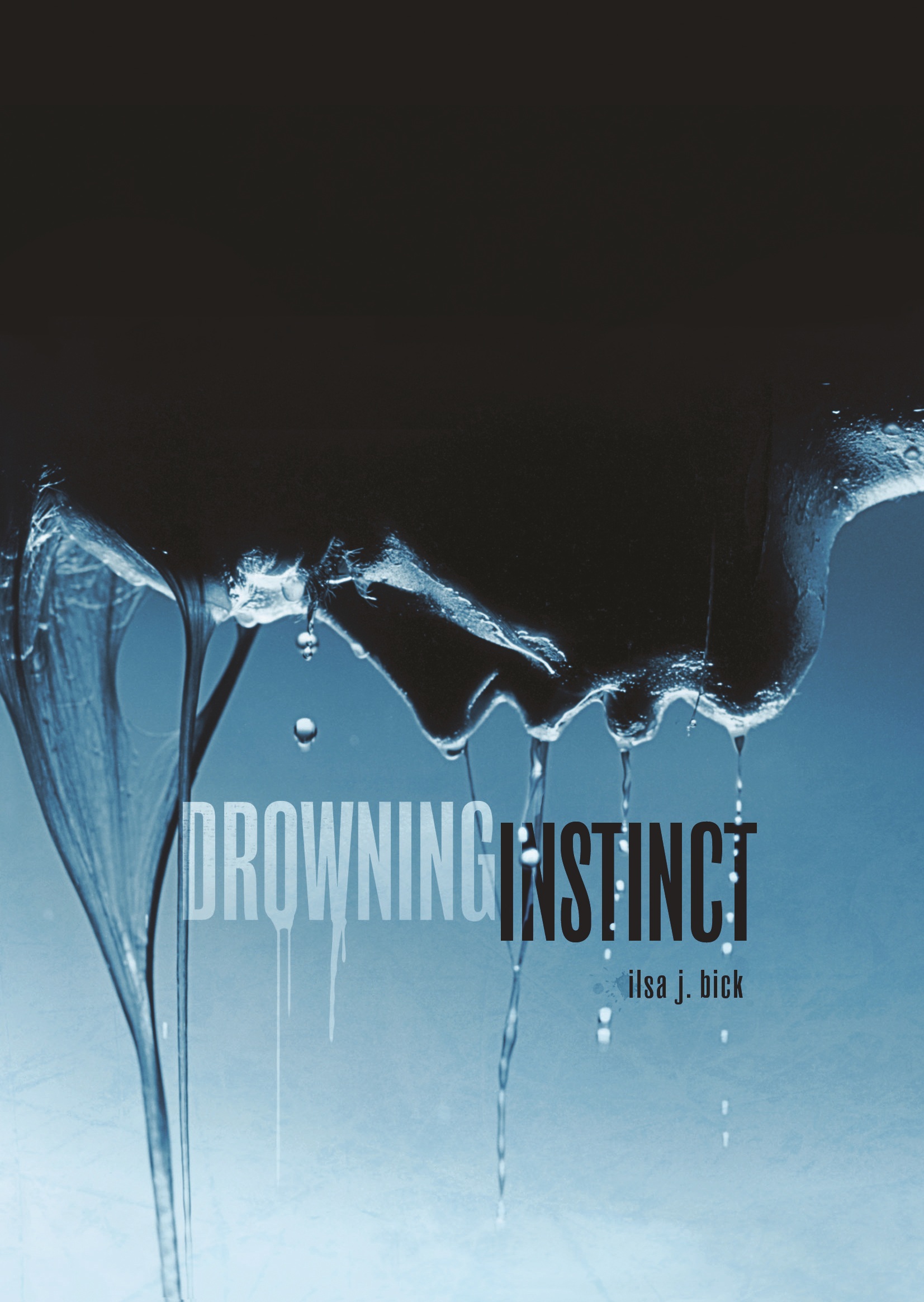
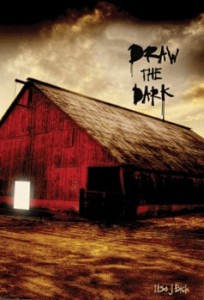
1 thought on “More on the Coming Crash”